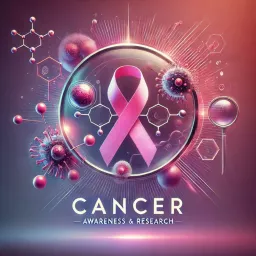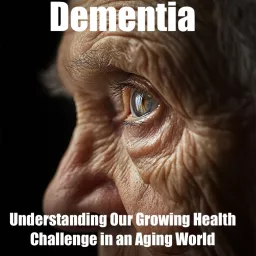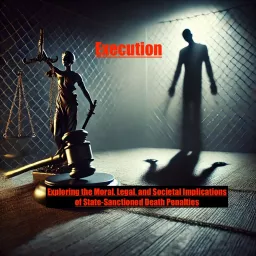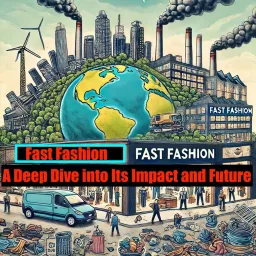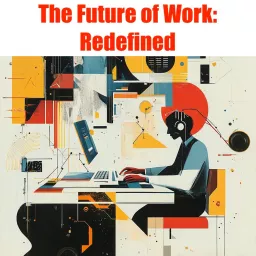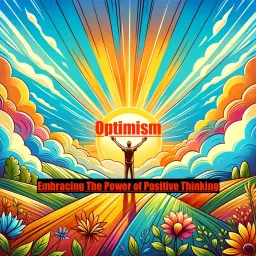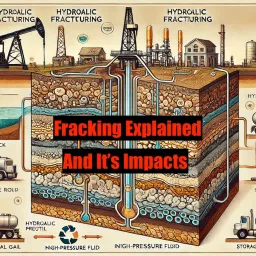Greenwashing
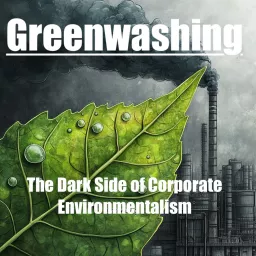
Summary: Greenwashing represents a sophisticated form of corporate deception where companies present themselves as more environmentally responsible than they actually are. This practice emerged alongside the environmental movement of the 1960s and has evolved into increasingly subtle and complex forms. The term itself, coined in 1986 by environmentalist Jay Westerveld, originally described hotels' practice of promoting towel reuse for environmental reasons while making no other substantial environmental efforts. Modern greenwashing operates through various psychological mechanisms that make it particularly effective. Companies exploit cognitive biases, information overload, and the human tendency to seek simple solutions to complex problems. This manipulation becomes especially powerful in industries with complicated supply chains or technical processes that make environmental claims difficult for consumers to verify. The impact of greenwashing extends across multiple industries, each developing its own sophisticated approaches. The fashion industry uses "sustainable" collections to mask fundamentally unsustainable fast fashion business models. Technology companies promote renewable energy use in data centers while downplaying the environmental impact of hardware production. The energy sector highlights minimal investments in renewable technologies while continuing massive fossil fuel operations. Regulatory responses to greenwashing have struggled to keep pace with its evolution. While some jurisdictions, particularly the European Union, have developed more comprehensive frameworks for addressing environmental claims, enforcement remains challenging. The global nature of modern business operations makes it difficult to maintain consistent standards across different jurisdictions. Looking forward, addressing greenwashing requires a combination of stronger regulation, improved transparency through technological solutions, and enhanced consumer education. The emergence of standardized reporting frameworks, blockchain-based verification systems, and artificial intelligence tools for analyzing environmental claims offers new possibilities for combating deceptive practices. However, meaningful progress likely requires fundamental changes in how society approaches corporate environmental responsibility.




